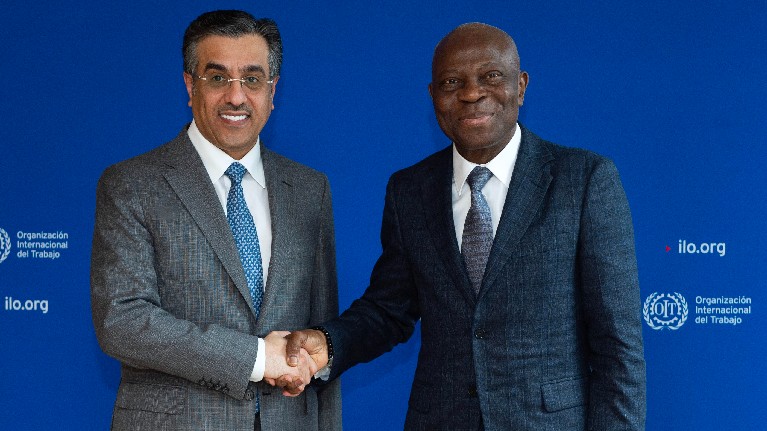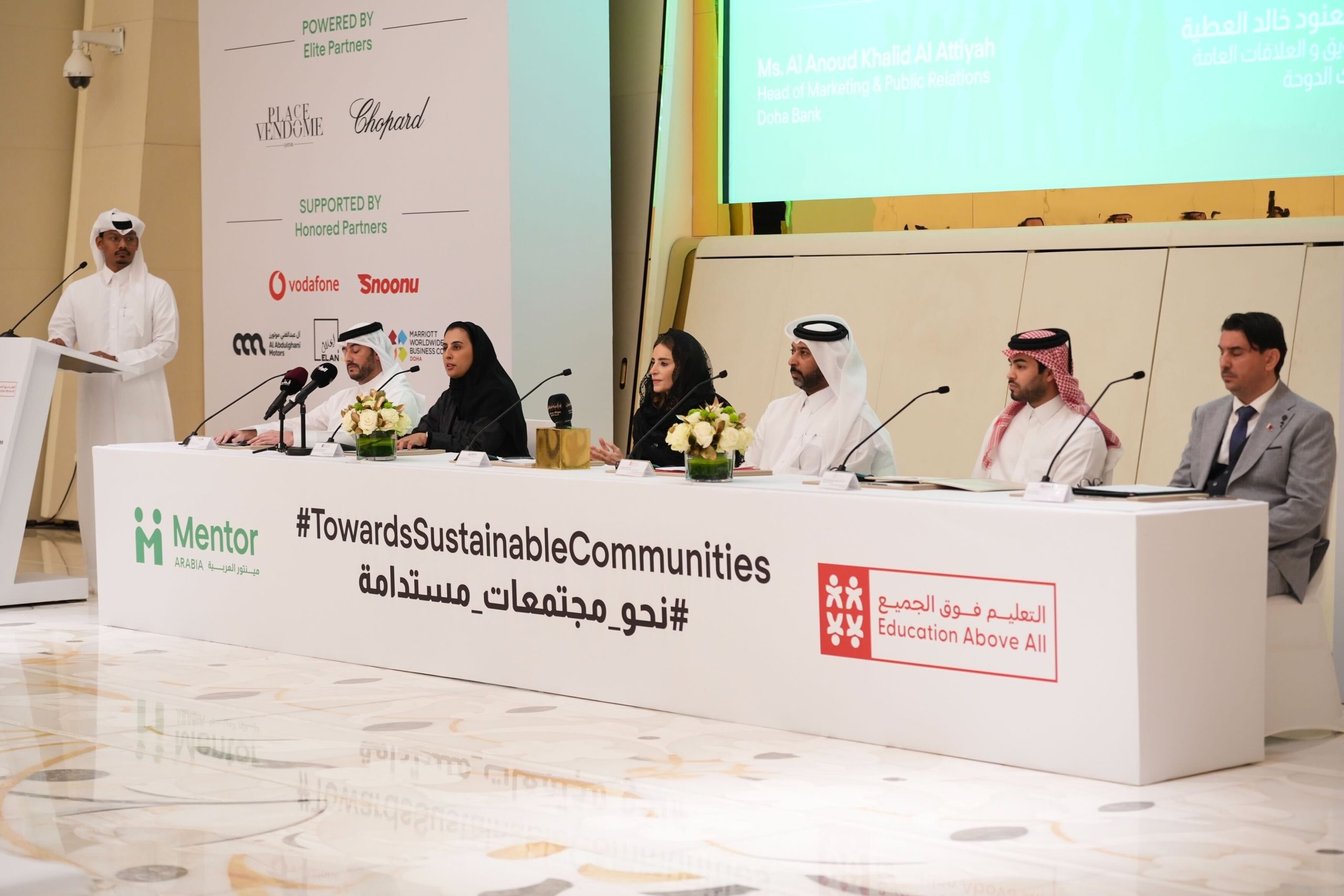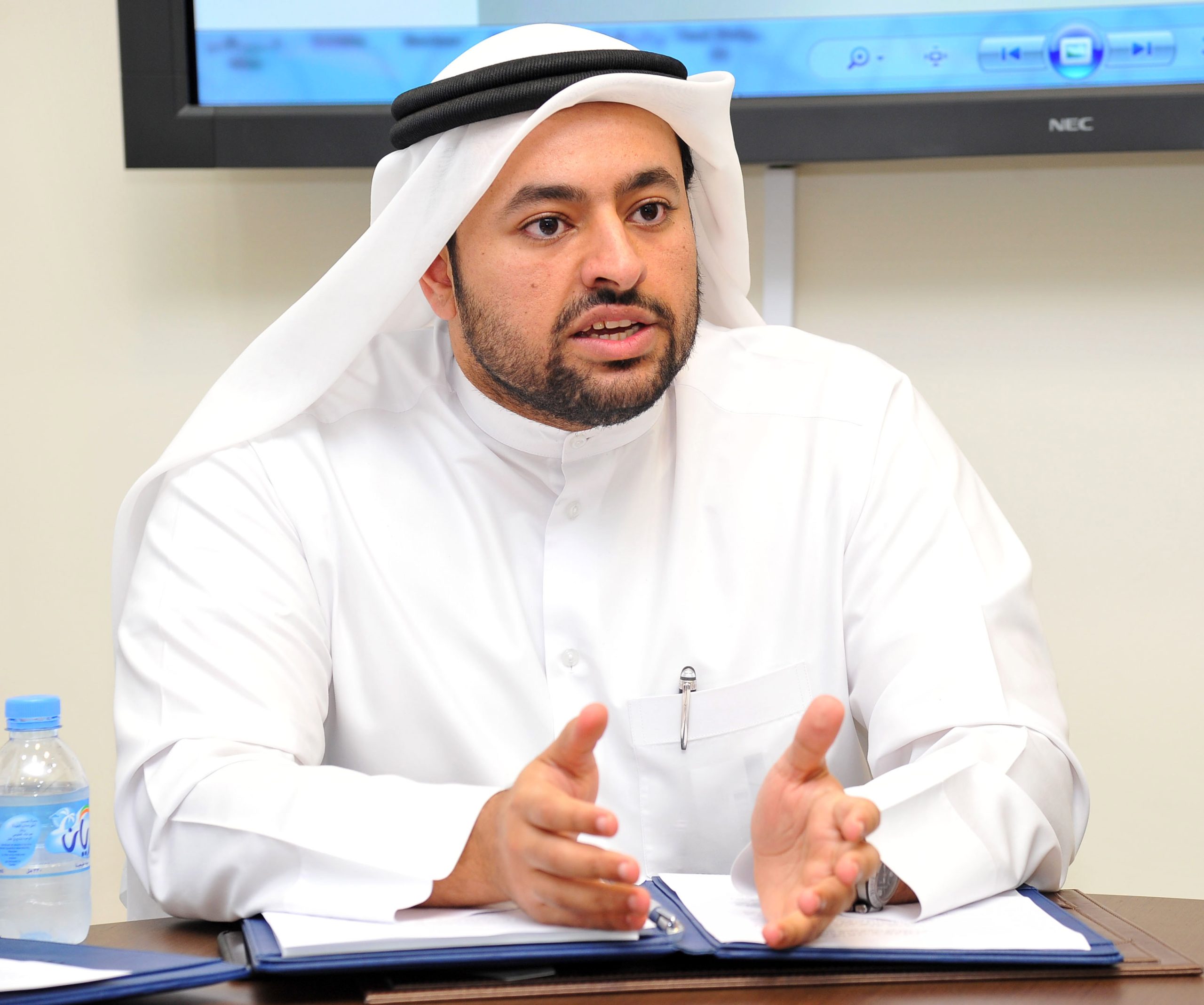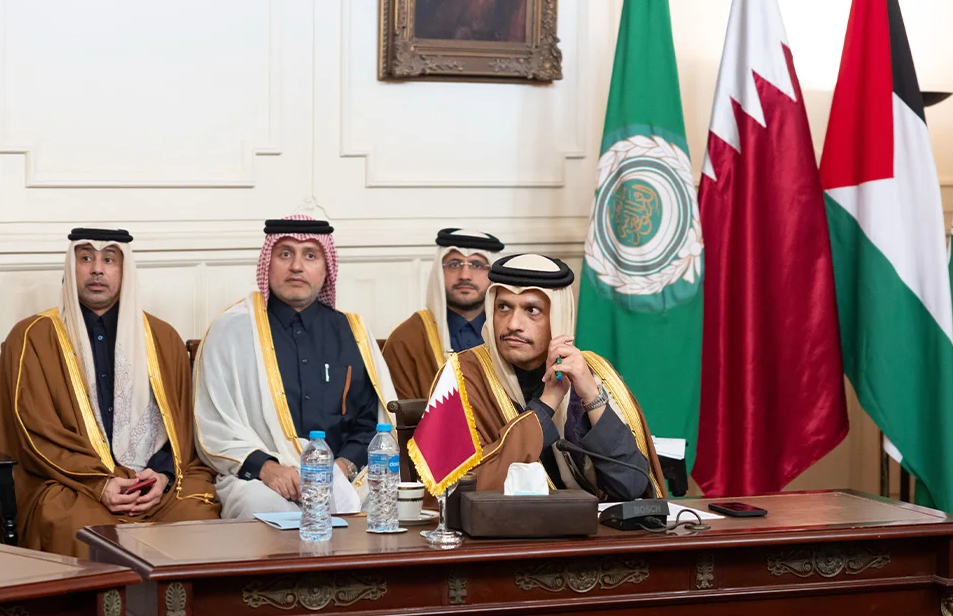The new four-year initiative seeks to reinforce Qatar’s labour market institutions and regulations while building on the achievements of earlier years.
The International Labour Organization (ILO) has extended its technical cooperation programme with the Qatari government for another four years, marking a continued commitment to deepening labour reforms within the country.
Gilbert F. Houngbo, the ILO Director-General, praised the significant strides made in recent years, stressing the importance of effective implementation of these policies.
“Major reforms were adopted in recent years, and our focus remains to ensure the effective implementation of these laws and policies,” Houngbo said, commending the Qatari government’s dedication.
The renewed agreement, effective for the period 2024-2028, was signed at the ILO headquarters in Geneva by the Director-General of the ILO, and Ali bin Samikh Al Marri, Qatar’s Minister of Labour.
It aims to build upon recent reforms by enhancing key labour market institutions.
This includes focusing on labour mobility, wages, workers’ representation, and safety standards, as well as adapting to the evolving dynamics of Qatar’s labour market through policies promoting skills development, various visa options, and innovative work arrangements such as teleworking.
A pivotal aspect of these reforms was the emphasis on diversifying the workforce.
Strategies are in place to increase female participation, skilled migrant workers, and the engagement of Qatari nationals in the private sector through targeted training and upskilling initiatives.
These measures are designed to foster a competitive and dynamic labour market in alignment with Qatar’s vision of transitioning towards a knowledge-based economy.
Al Marri highlighted the alignment of these efforts with Qatar’s National Vision 2030, aimed at creating a sustainable environment for workers and employers alike.
The minister expressed satisfaction with the progress achieved through this collaboration and underscored the central role of the workforce in Qatar’s development and economic diversification plans.
The extension also plans for enhanced collaboration with the Qatar Chamber of Commerce and Industry and the International Organisation of Employers (IOE), highlighting the crucial role of the private sector in these reforms.
Roberto Suárez Santos, Secretary-General of the IOE, welcomed the initiative, noting its potential to bolster the business environment and enhance competitiveness on a global scale.
Discussions continue between the Qatari Government, the International Trade Union Confederation (ITUC), and various Global Union Federations on ways to further this cooperation, including the expansion of joint committees and the creation of sectoral social dialogue bodies.
“The extension of the technical cooperation programme with the ILO is an important next step to implement and consolidate the labour reforms in Qatar,” said Luc Triangle, ITUC General Secretary.
Since 2018, the ILO’s partnership with Qatar has supported a comprehensive agenda for labour reform, introducing critical legislation and improvements across several key areas, including labour mobility, minimum wage, and worker safety.
This continued collaboration signals a promising future for workers’ rights and conditions in Qatar.







